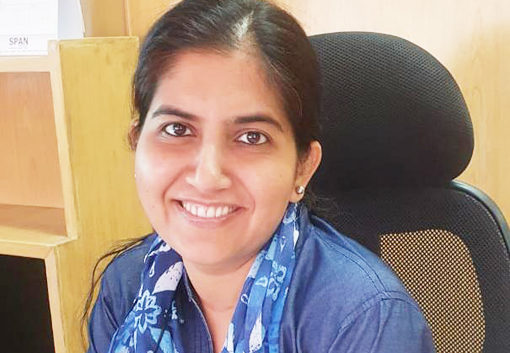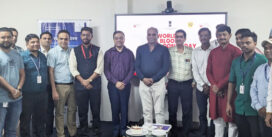Blood Donation & Safe Blood supply

Interaction with Dr. Ruby Khan, Deputy Director, State Blood Transfusion Council, Madhya Pradesh
A well organised Blood Transfusion Service (BTS) is a vital component of any health care delivery system. An integrated strategy for Blood Safety is required for elimination of transfusion transmitted infections and for provision of safe and adequate blood transfusion services to the people. The main component of an integrated strategy include collection of blood only from voluntary, non-remunerated blood donors, screening for all transfusion transmitted infections and reduction of unnecessary transfusion.
The Blood Transfusion Service in the country is highly decentralised and lacks many vital resources like manpower, adequate infrastructure and financial base. The main issue, which plagues blood banking system in the country, is fragmented management. The standards vary from state to state, cities to cities and centre to centre in the same city. The blood component production/availability and utilisation is extremely limited. There is shortage of trained health-care professionals in the field of transfusion medicine.
For quality, safety and efficacy of blood and blood products, well-equipped blood centres with adequate infrastructure and trained manpower is an essential requirement. To attain maximum safety the requirements of good manufacturing practices and implementation of quality system moving towards total quality management, have posed a challenge to the organisation and management of blood transfusion service, Thus, a need for modification and change in the blood transfusion service has necessitated formulation of a National Blood Policy and development of a National Blood Programme which will also ensure implementation of the directives of Supreme Court of India -1996.
Postpartum haemorrhage or excessive blood loss after childbirth remains one of the most widespread yet preventable causes of maternal death. It is estimated that about 30% of maternal deaths in India are due to postpartum hemorrhage which can be easily reversed by timely blood transfusion. However, access to safe blood has been an issue across the nation and it has been exacerbated during the pandemic when states witnessed a sharp drop in the number of voluntary donors amid the nation-wide lockdown and fear of COVID infection. The shortage is further heightened by the new guidelines that do not allow people to donate up to 14 days after taking the COVID vaccine.
Commonly known fact is that there are 3 blood components that are prepared from one blood bag and distributed according to a patient’s need. Most blood collected is regularly used by thalassemics, sickle cell anemia patients, during childbirth, patients undergoing elective surgeries and accident victims. But shortage of blood has severely affected these patients. Opening up more blood banks is not the solution as the larger problem in India is that the concept of blood donation is demand-led with limited awareness of blood donation. We also need better coordination between blood banks to manage demand-supply gaps.
In Madhya Pradesh total blood collection was 435198 units in year 2020-21,in comparison to 550830 units collected in year 2019-20.This drop in blood unit collection is due to covid-19 pandemic situation. State government has taken many big steps for increasing voluntary blood donation and blood safety. Blood collection and transportation vans provided to 45 district Hospitals and for safe blood supply availability of NAAT testing facilities to district hospitals through Hub AND SPOKE model by establishment of NAAT labs at 2 Medical colleges, Gandhi Medical college Bhopal and MY Medical college Indore. Traditional screening methods use the ELISA test screening against TTIs is widely prevalent in India, but the recommended gold standard is the Nucleic Acid Testing (NAT) solution, which narrows the infectious period (window) between the time of viral exposure and its detection. This will further help and strengthen access and supply of safe Blood to the patients of Madhya Pradesh.


